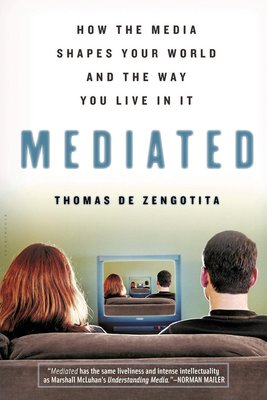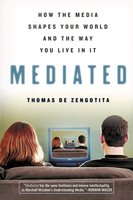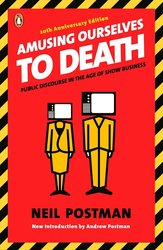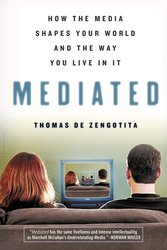The Mid-Century Media Theorists Who Saw What Was Coming
“At the very heart of democracy is a contradiction that cannot be resolved, one that has affected free societies from ancient Greece to contemporary America,” write Zac Gershberg and Sean Illing in their new book, “The Paradox of Democracy.” In order to live up to its name, democracy must be open to free communication and expression; yet that very feature opens democracies up to the forces of chaos, fragmentation and demagoguery that undermine them. Historically, this paradox becomes particularly profound during transitions between different communication technologies. “We see this time and again,” Gershberg and Illing write, “media continually evolve faster than politics, resulting in recurring patterns of democratic instability.”
For that reason, Gershberg and Illing refer to media ecology — a field dedicated to studying the complex interplay between media, humans and their broader social environments — as “the master political science.” You can’t understand a society’s politics without understanding the mediums through which its people communicate. Radio and TV and Twitter and TikTok each profoundly shape the way we think, the qualities we look for in our politicians, the way we absorb news, the kind of political discourse we engage in and so much more.
Illing’s career, in many ways, represents the intersection of these two worlds: He’s trained as a political theorist but eventually switched careers to become a journalist; he’s currently the interviews writer at Vox, where he hosts the podcast “Vox Conversations” and often writes about the nexus of media and politics. So I invited Illing on the show to talk about his new book alongside some of his other work. We discuss:
- Why mid-century media theorists like Marshall McLuhan and Neil Postman are essential for understanding our current political moment
- How the mediums through which we communicate — TV, social media, print news — shape us even more deeply than the content we absorb from them
- The surprising dangers of “Sesame Street”
- Why Abraham Lincoln probably never would have won the presidency in the TV era
- How revolutions in media technology from the printing press to Facebook have destabilized political systems
- How Twitter reshapes the thinking of those who use it
- Why Illing believes that democracy is fundamentally a “communicative culture” and not a set of rules and institutions
- What Donald Trump understood about our media age that the media itself didn’t
- Why Steve Bannon’s “flood the zone” media strategy has been so successful
- Whether it’s possible to achieve a healthier version of political discourse given our current technologies
And much more
This episode contains strong language.





